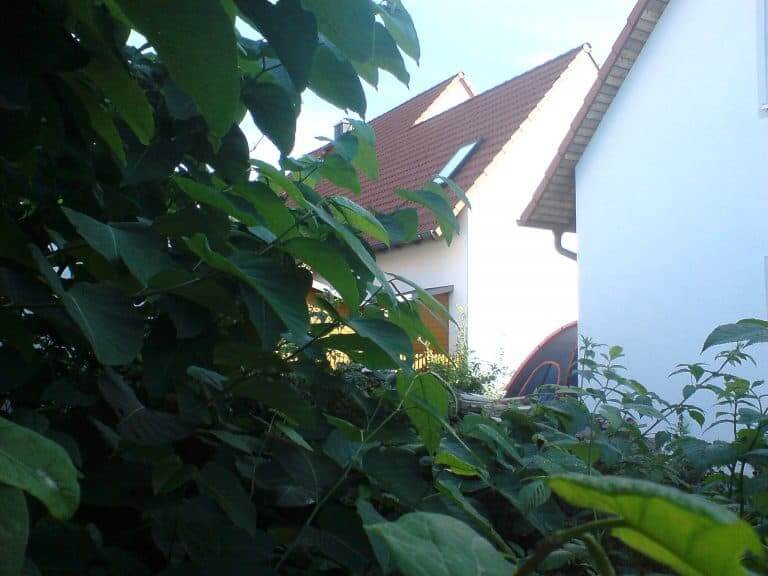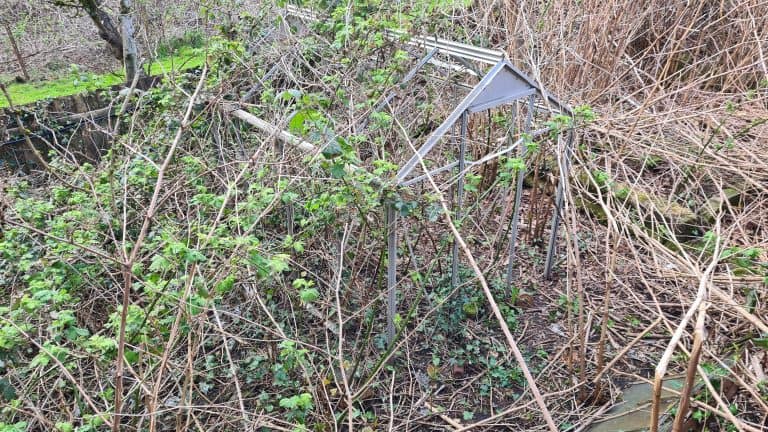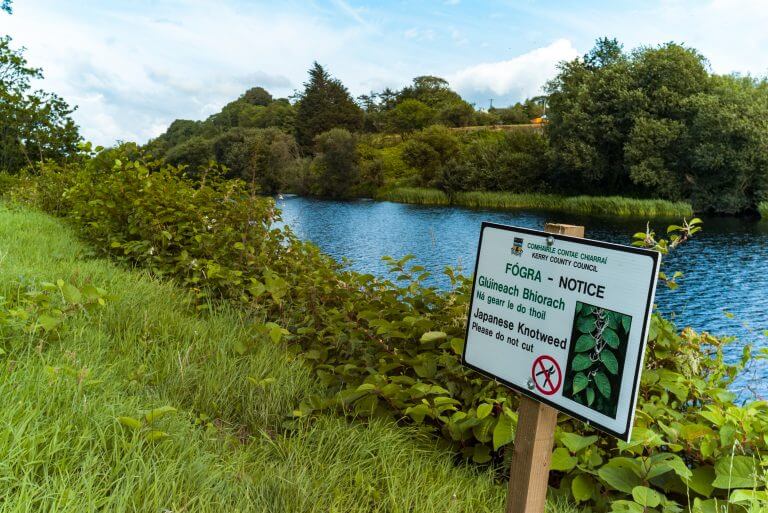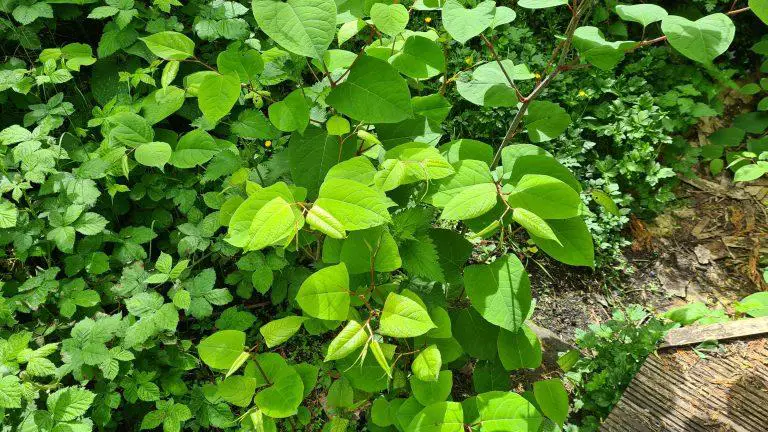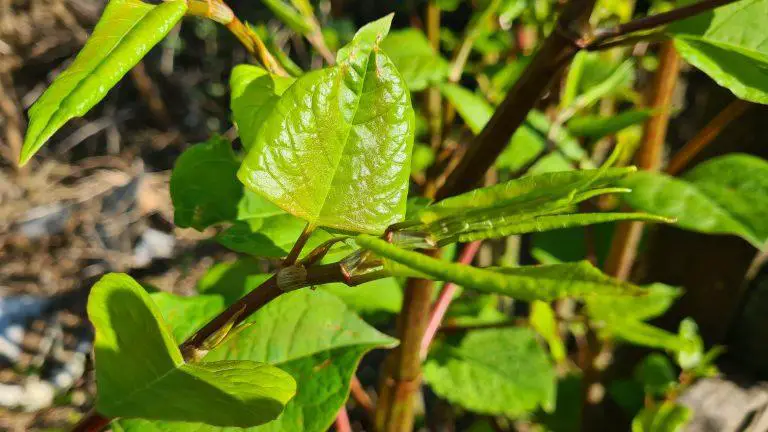A popular question posed by potential homeowners, is ‘do sellers have to disclose Japanese knotweed being on their property?’
Being aware of the problem
Many people in the mortgage industry are surprised when asked if lenders have to inform potential borrowers of the presence of Japanese knotweed. This is now law and forms part of any property exchange in the form of a declaration.
Knotweed, a plant that grows and spreads in grassy areas, is a weed that can grow on a variety of different kinds of properties. It typically invades an area where it has a chance to invade because of poor or wet conditions that favour the growth of the weed.
Properties that are near streams, bodies of water, or other areas of high moisture levels are more susceptible to the weed’s growth.
In some cases, the Japanese knotweed can be responsible for as much as an entire roof of the property being damaged and unable to support the weight of the home.
Disclosing the existence of this weed on your property
A large number of sellers currently deal with Japanese knotweed in the context of getting their Japanese mortgage applications approved.
Many of the most highly sought-after mortgages in the United States and the United Kingdom include provisions that require property sellers to make disclosure of the weed.
Mortgage lenders have started to tighten up their underwriting policies after a number of brokers and realtors encouraged borrowers to lie about the health of their property in order to secure a larger loan.
The California State Legislature recently introduced a bill that would eliminate this kind of deception, but it will likely face an uphill battle in the House of Representatives and in the Senate.
Protecting future buyers
Although brokers are still allowed to encourage hopeful buyers to lie about their property’s health, the new legislation would eliminate any incentive for them to do so.
In addition to requiring sellers to tell borrowers if they are affected by the weed, lenders would require them to perform soil and water tests to determine if their property would pass the inspection with flying colours.
If the tests come back with grades that are lower than desirable, the mortgage company would need to advise the seller.
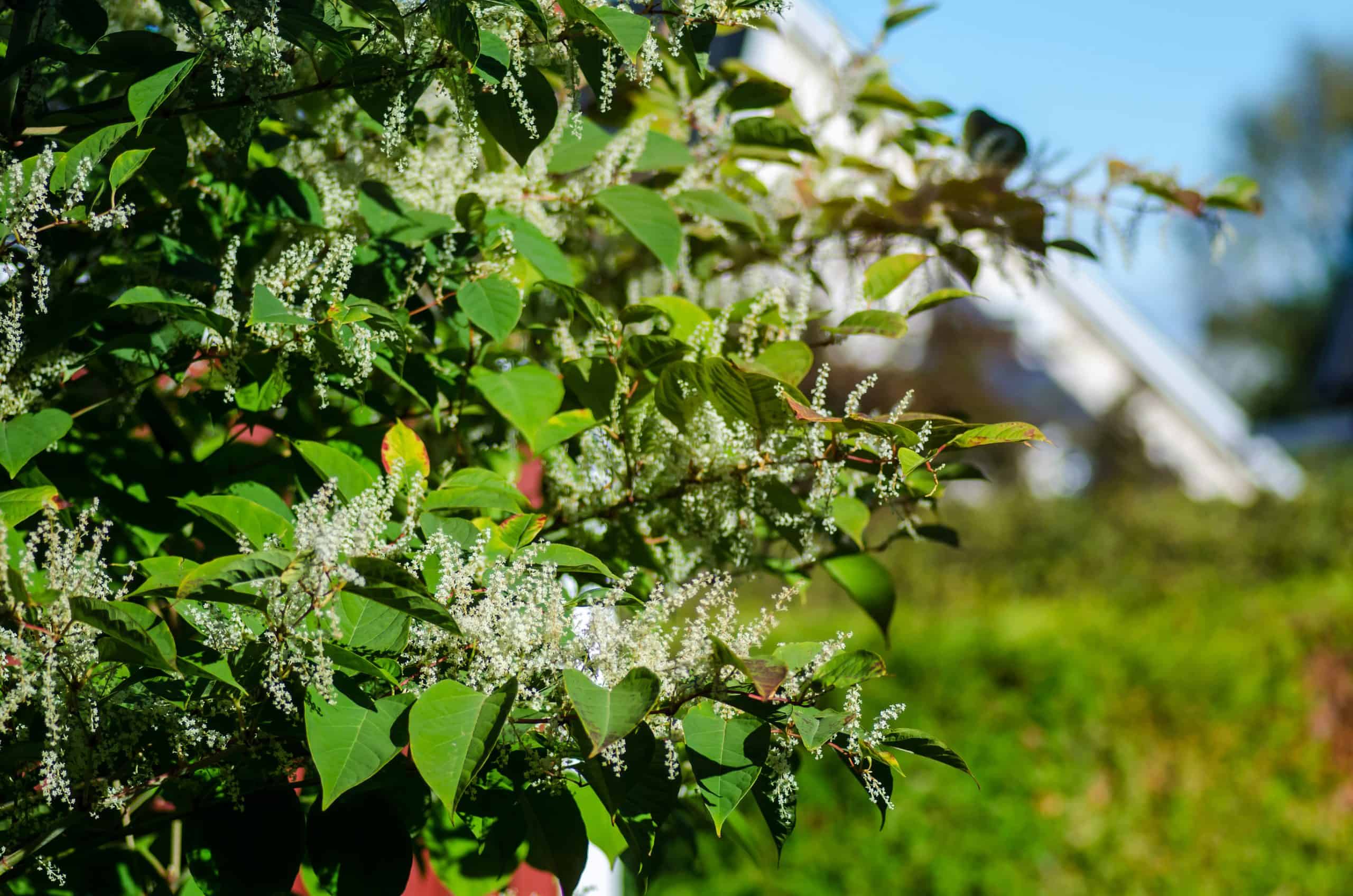
What about the cost of selling an affected home?
If a seller is compelled to disclose Japanese knotweed during the closing process, he or she may be financially affected. Most homeowners who deal with infestations on their property do not have other options, so they must sell.
Any potential buyer will want to see documentation of the condition of the property. In the UK, as in most countries, lenders are required to disclose any known health hazards or environmental hazards on a property.
Another concern is the possibility of spreading the knotweed infestation beyond your property and into a neighbouring property. The outcome of this is mounting year on year with legal and financial implications.
The need to disclose evidence of the weed on your property
It is obvious that Japanese knotweed is not a desirable plant to have growing on your property. Knotweed infestations can negatively impact the environment and adversely impact people’s health.
For this reason, many property owners are now asking the question “Do sellers have to disclose Japanese knotweed?” In most cases, the answer is “No.”
While some counties have enacted statutes mandating the disclosure of infestations by brokers or salespeople on behalf of homeowners.
Brokers or salespeople who are asked to identify the infestation have every right to refuse to assist with a knotweed disclosure. This refusal to assist with a Knotweed disclosure can be construed as an attempt to obstruct and/or coerce the disclosure of the infestation.
It also provides landowners with additional liability protection.
Landowners may argue that their refusal to assist with a Knotweed disclosure provides them with adequate liability protection because they are shielding themselves from potential lawsuits regarding the infestation.
The home mortgage disclosure act 1975
The home mortgage disclosure act of 1975 protects homeowners who have Japanese knotweed on their property from foreclosure if they disclose that fact to the lender.
The disclosure should be made at the time of applying for a loan—you should not wait until you get in trouble with your mortgage provider. Failure to disclose Japanese knotweed on your property can make you liable for damages based on fraud, or negligent misrepresentation.
In nearly every case, lenders require some sort of financial statement during the loan application process that includes an income and expense declaration—which requires the applicant to disclose hazards on the property perceived by them to be relevant.
Why you should tell your mortgage lender about Japanese knotweed on your property before they find out for themselves and why it’s in their best interest as well as yours will prevent further legal issues from arising and subsequent costs increasing.
In conclusion
Many homeowners, real estate professionals, and even professional services believe that the mandatory disclosure requirement for Knotweeds was enacted out of a desire to protect the homeowner from liability.
In other words, the legislature wanted to prevent the contractor or builder from being sued by homeowners who contracted the infestation in the first place because of improper handling of the infestation.
Without this provision, the lawsuit would allow the contractor or builder to receive a settlement from the infestation without having to adhere to the disclosure requirement.
Proponents of the Knotweed disclosure rule have stated that the rule will prevent builders and contractors from contracting and operating under false pretences about the presence of Knotweed.
Want to know more about whether sellers have to disclose Japanese Knotweed on their property?
Knotweed Removal aims to provide the most up-to-date information, help and advice for YOU to make informed decisions. If you are unsure or uncertain about how to proceed, please reach out to us and we will gladly come back and advise you as best we can.
Governmental advice can be found here and the UK law covering the removal of Japanese Knotweed as stated under the Wildlife and Countryside Act 1981 can be found here.
The best means to contact us is via our email – hello@knotweedremoval.tips
Do not forget we have a library of blogs covering many areas relevant to Japanese Knotweed, our free downloadable How-to Guides and Product Reviews on the latest methods being employed to eradicate or remove Japanese Knotweed.
Knotweed Removal, UK

